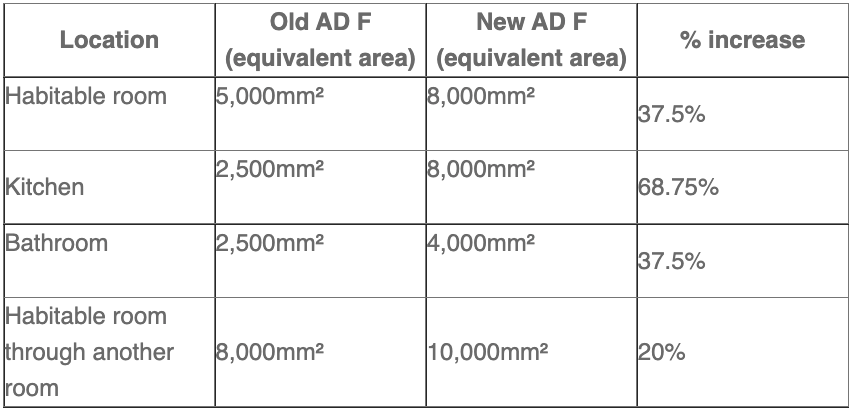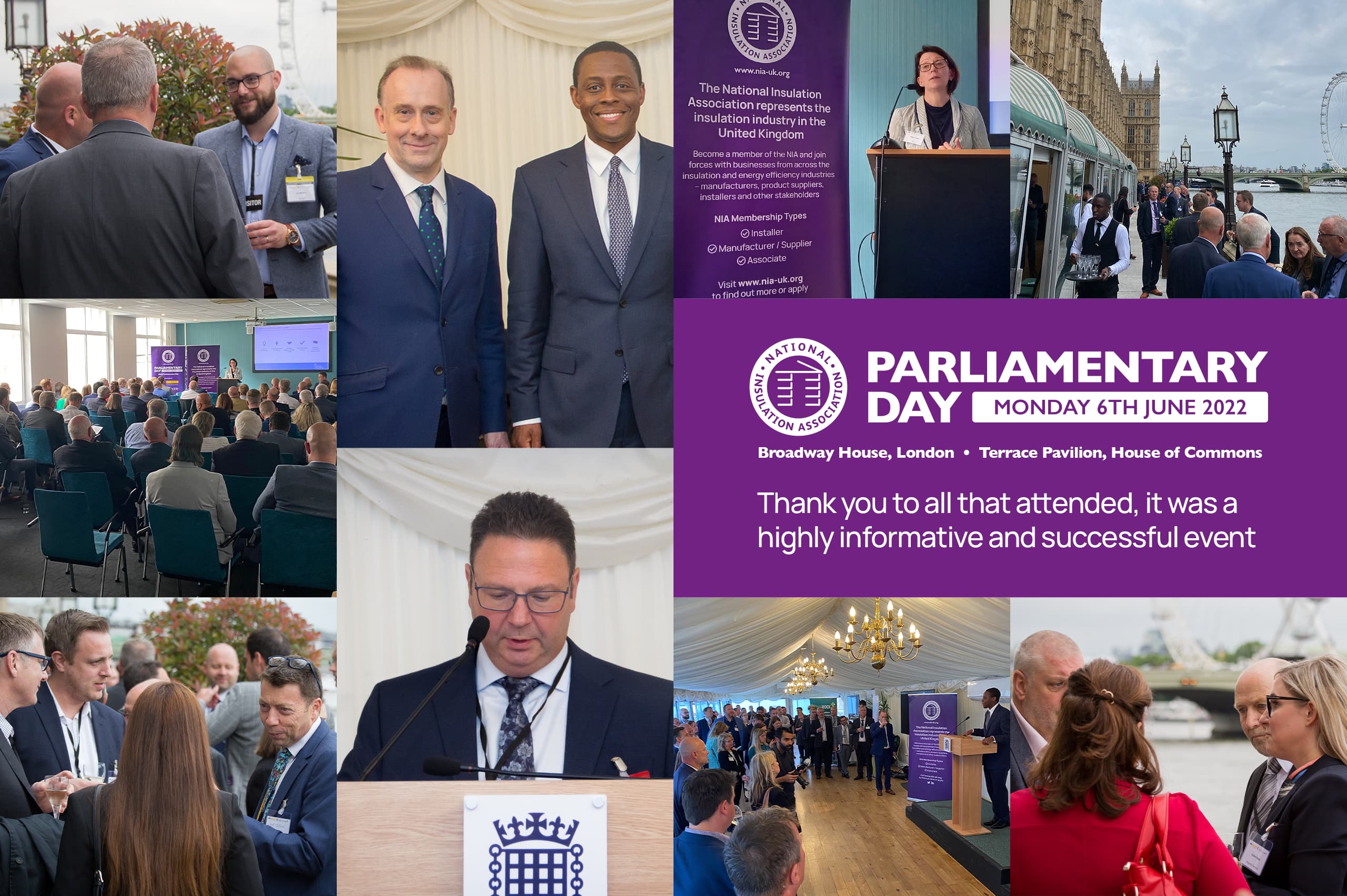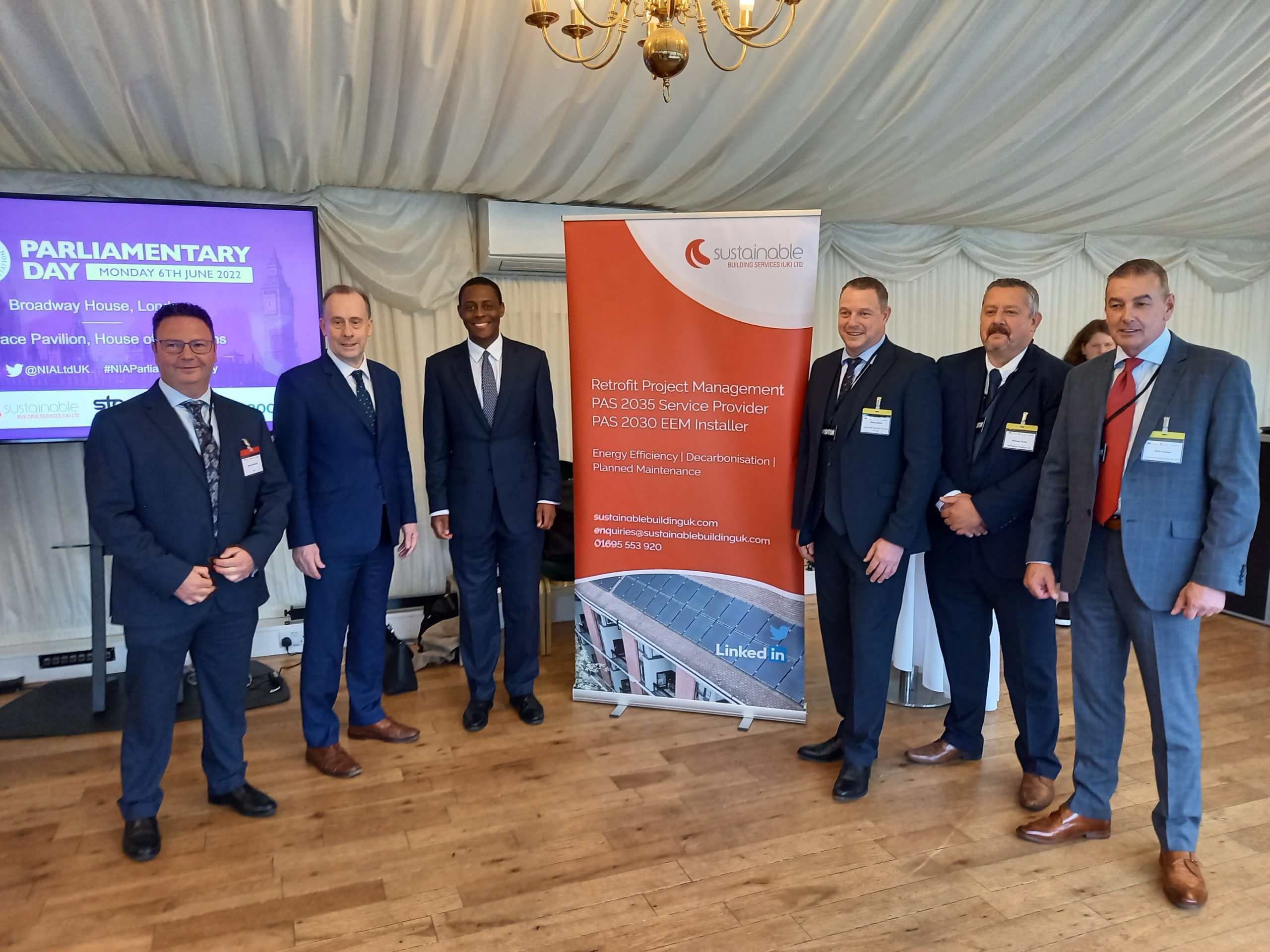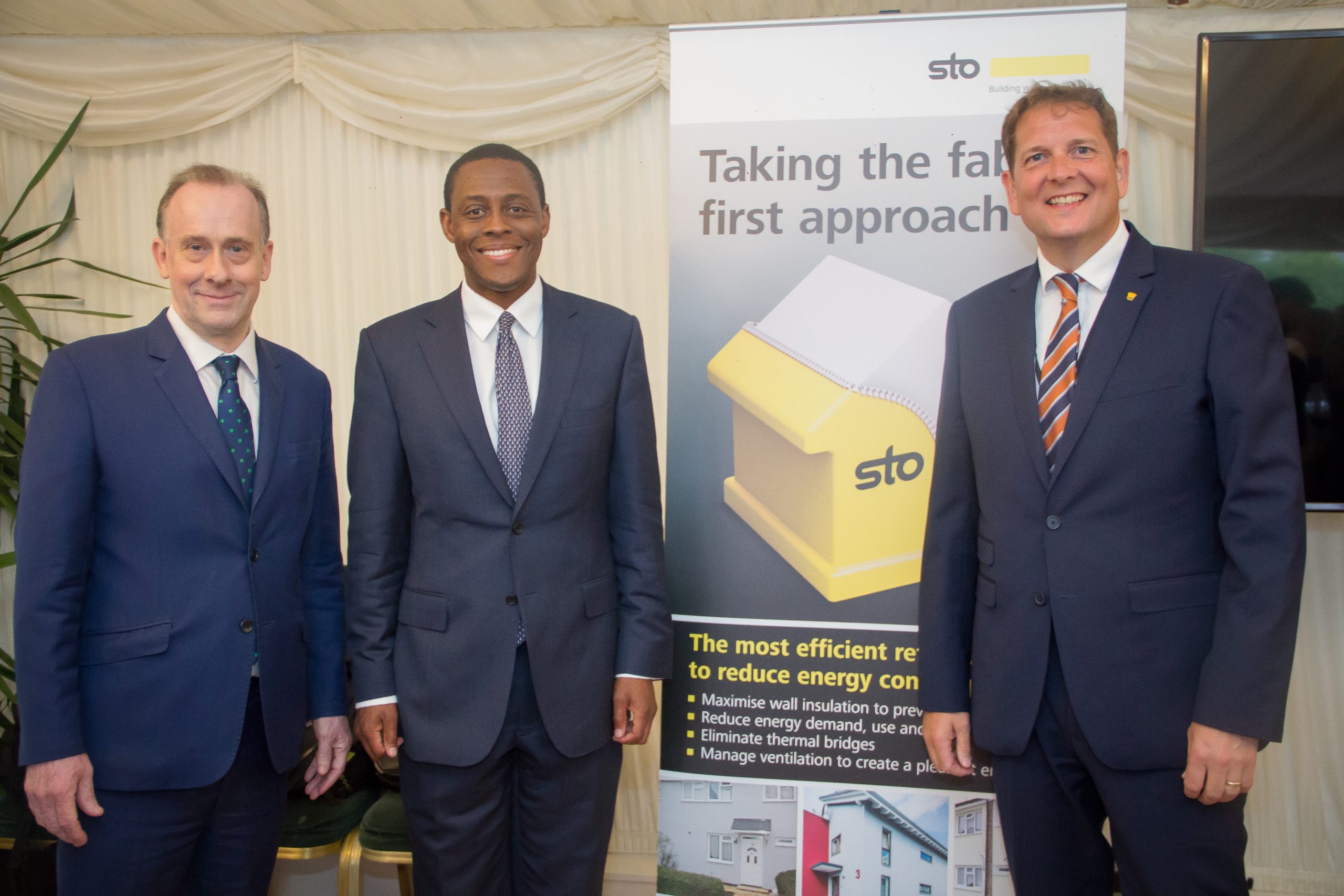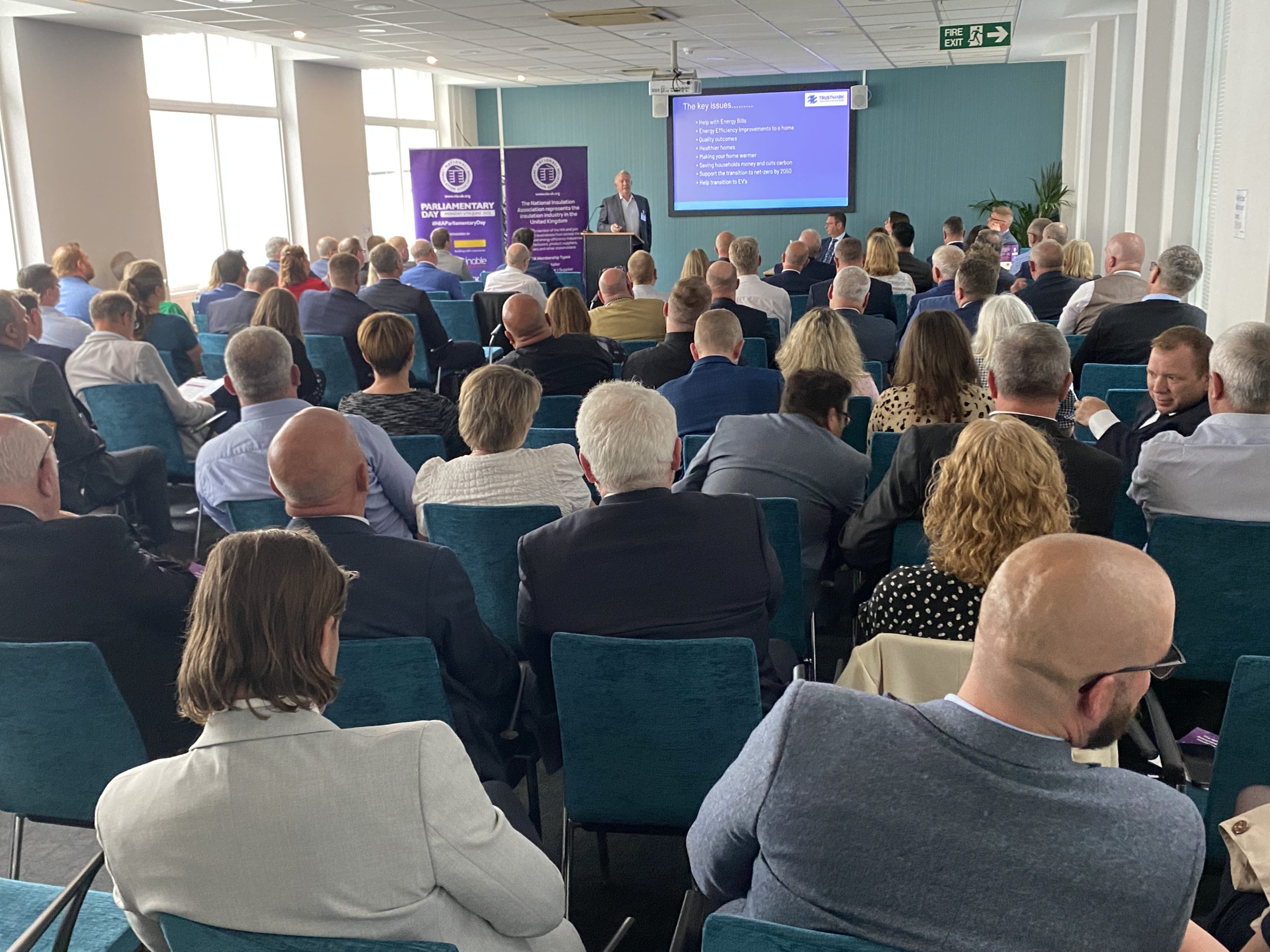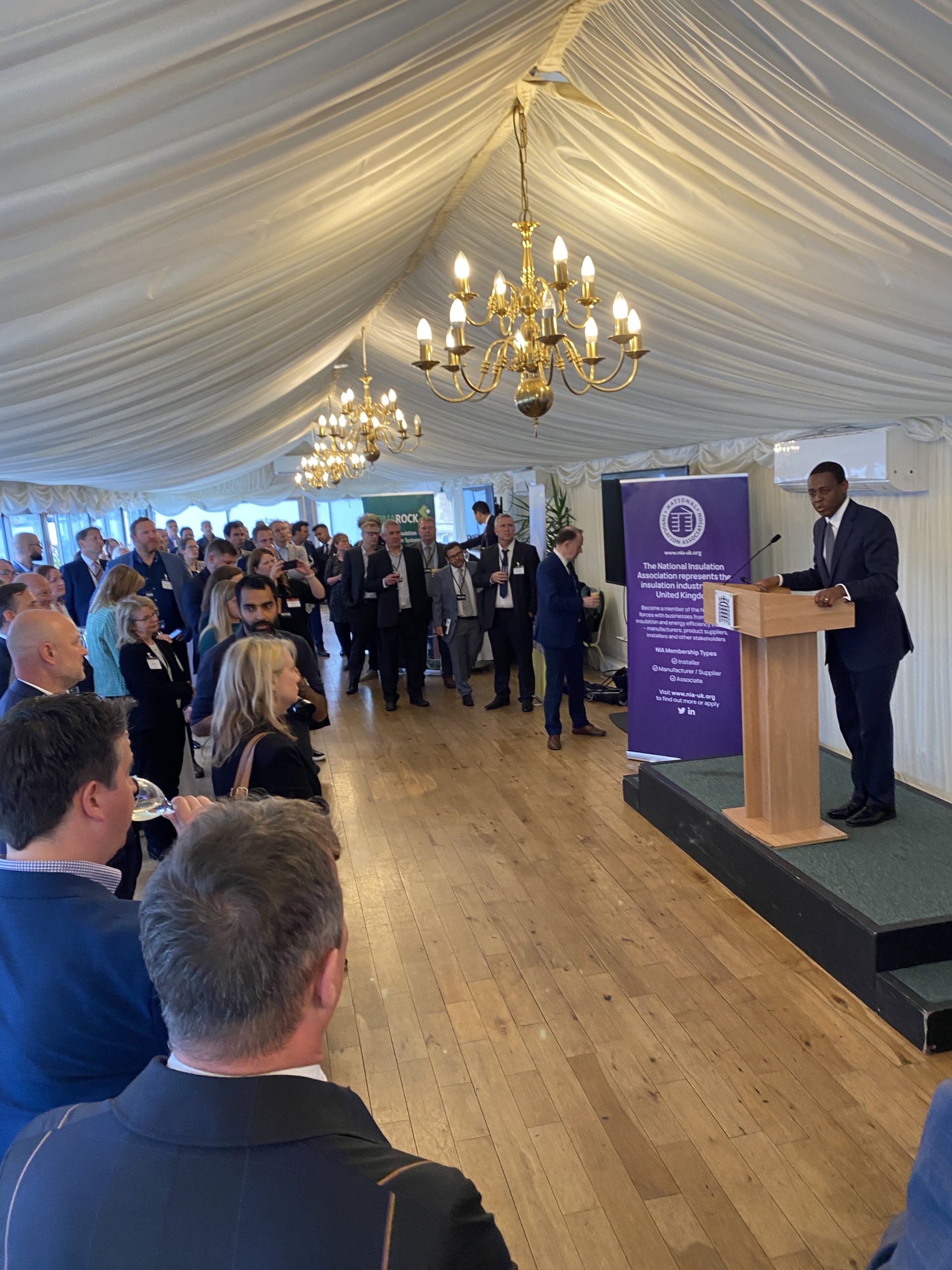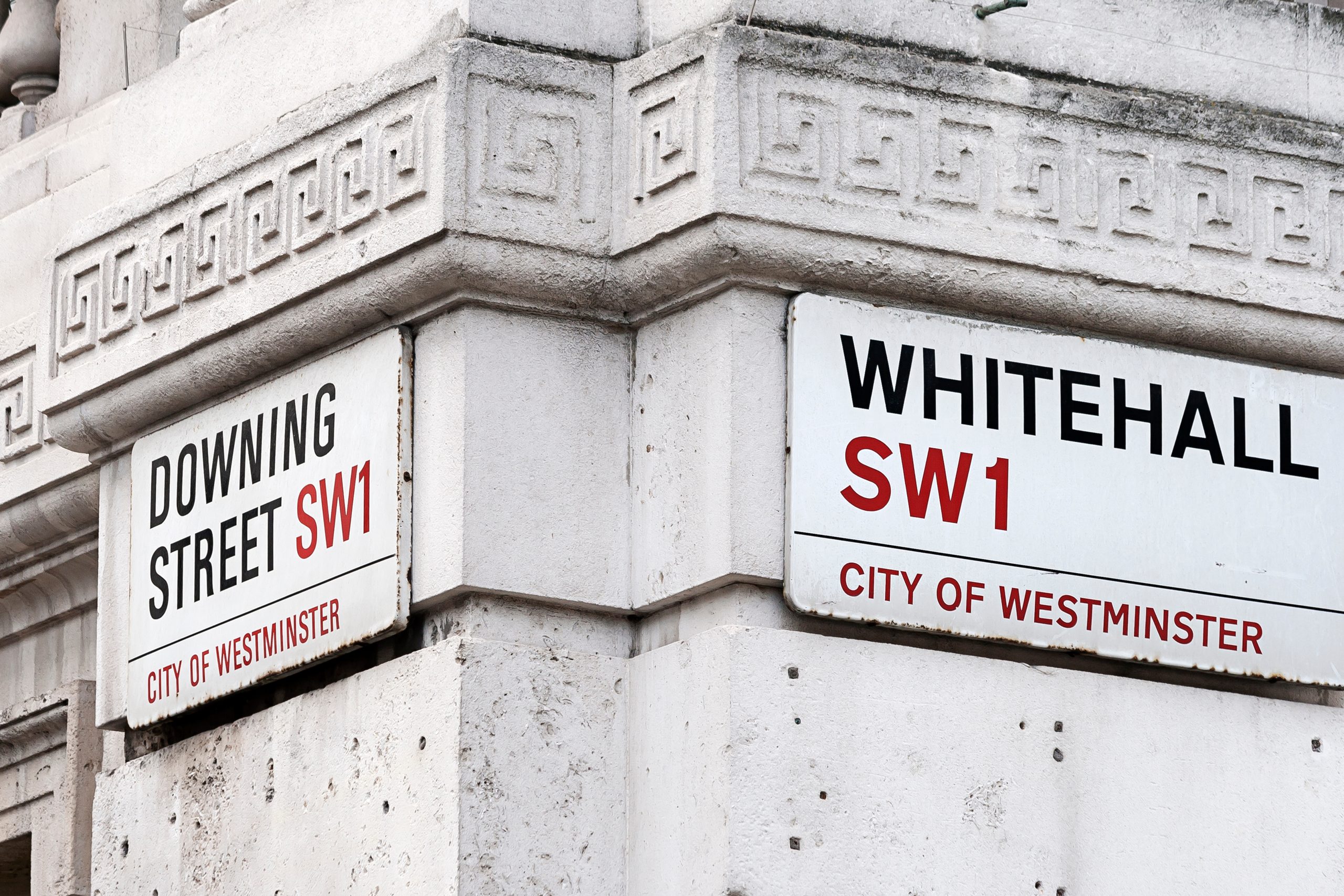
A Summary of the Support Package
Liz Truss’ announcement for supporting households and businesses has been announced today. Key implications for green policy include the freezing of the green levy on energy bills for two years, lifting of the fracking ban, a new licencing round for North Sea oil and gas, and plans to be a net energy exporter by 2040, through renewable generation, nuclear and fracking.
A review of net zero has been promised, to ensure net zero is achieved whilst supporting economic growth.
The package, live from October, is expected to reduce inflation by 5%, which cuts the current rate of inflation in half.
Is ECO4 or SHDF affected?
BEIS has confirmed that the Energy Company Obligation and the Social Housing Decarbonisation Fund Wave 2.1 will continue to operate as per the regulations and the operation of these schemes, and is not directly affected by today’s announcement.
If you have any questions or concerns please do not hesitate to contact the NIA (details below).
Key Headlines
Households
- Energy Price Cap to be set at £2500 annually for the average home, saving £1000 annually for households, as agreed with energy price retailers. This is in addition to the £400 previously promised. Those on heat networks, park homes and heating oil will have a separate fund.
- A new Energy Price Guarantee will enable this by limiting the price which suppliers can charge customers per unit of gas.
- Applies to Great Britain. Northern Ireland will experience the same level of support.
Businesses
- Businesses, charities and public sector organisations will have their energy costs capped for six months. This is to be capped at the same price per unit that households pay. This will be reviewed in three months to see if vulnerable sectors should be targeted.
- Liz Truss called for businesses to focus on energy efficiency to reduce bills further.
Funding the support
- There will be no further windfall tax.
- Kwasi Kwarteng to release the expected costs of the support package later this month. Cost projections are uncertain but are expected to be in the range of £100-£150 billion.
Future energy supply
- Announcement of a new Energy Supply Taskforce. This includes long-term contracts with gas suppliers, a new licensing round for North Sea Oil and Gas and increased deployment of hydrogen, solar, CCUS and wind. Nuclear is to enter the Contracts for Difference scheme.
- Energy regulation review to address supply and affordability in the long run.
- Review of net zero to ensure net zero is achieved whilst growing the economy.
- Ban on fracking removed. Will pursue fracking where there is local support.
- Ensure UK is a net energy exporter by 2040. Business security to set out a plan within the next two months. This is to be achieved through the expansion of nuclear, fracking and renewable energy generation.
Reminder: membership renewals coming soon
All NIA members will soon receive an email regarding your membership renewal, and we hope to see you return once again!
The NIA has had a fantastic year, including holding its first Parliamentary event, feeding into numerous consultations, and inputting into governmental discussions. Your input is vital to ensure the good work continues, to promote quality and collaboration across industry, so that the challenge ahead can be possible.
The NIA consists of industry experts, installers, system designers and product manufacturers. It promotes high quality insulation in terms of products and service, so that consumers get what they expect and deserve. One of the ways we do this is through our close relationship with the Department of Business, Energy and Industrial Strategy and actively responding to government consultations. To find out more about the NIA membership, please visit our website here.
Join our Policy Mailing List
NIA members looking to play a part in the drafting of consultation responses are invited to subscribe to our policy mailing list.
Subscribe by emailing Fiona.chestnutt@gemserv.com to be added to the policy mailing list.








